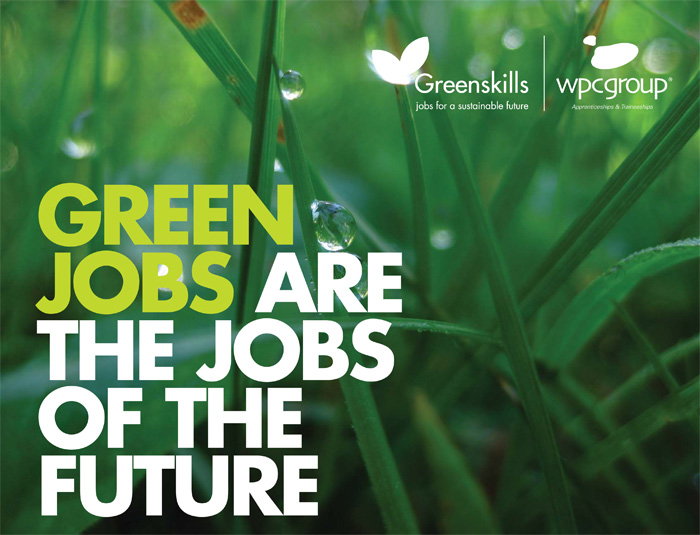How developing skills for sustainability can help benefit young workers as well as the environment
Abstract
‘Green jobs’ are the jobs of the future – and vital for transitioning to a lower carbon economy. A systemically green approach to industry and commerce brings environmental benefits and may encourage disengaged and unemployed young people to enter the workforce. Green jobs are often understood to be those that have a direct impact on our environment. For example, in reducing carbon emissions, developing alternative energy sources or reducing water usage. In fact, green jobs are those embracing ‘skills for sustainability’ and with an inbuilt sensitivity to the needs of the environment. Such skills should be embedded in all jobs in all sectors in the 21st Century. In Australia, every one of the country’s 450,000 apprentices and trainees (including those in automotive and construction) has at least one sustainability module embedded in their training programme. Within the next 10 years, every job, regardless of whether or not it is within the environmental sphere, should incorporate sustainability skills: every industry has the potential to be greener.
Like many countries, Australia faces high youth unemployment and disengagement. It has had limited success creating awareness amongst employers and educational institutions about the importance of skills for sustainability. There is still a gap between the needs of the environment and the country’s economic drivers. Young people are amongst those most motivated to protect and preserve the environment; does skilling for sustainability present an opportunity to employ and engage more young people in work they will find meaningful and fulfilling? Finding apprentices and trainees with an interest in skills for sustainability enables employers to develop the people they need to help them face the challenges of an increasingly green economy. Committing to developing skills for sustainability and creating greener jobs that attract and engage young people is the way forward for the economies that will lead the world tomorrow.




